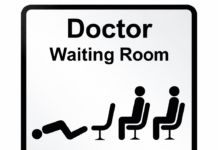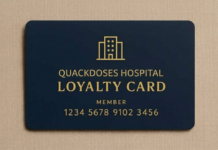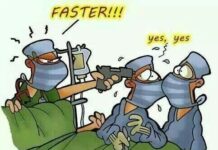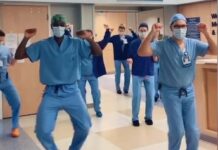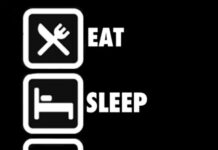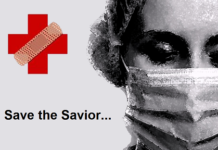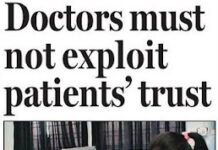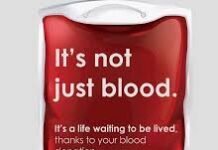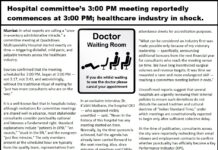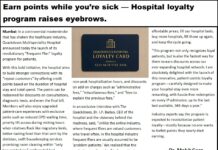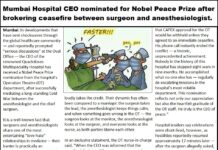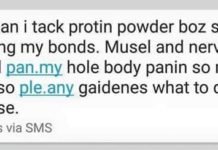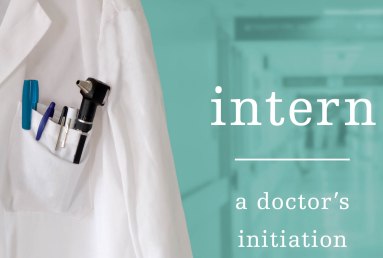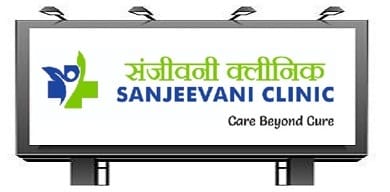This article is a a practical guide to making the most out of internship with a special note on personal safety while in the hospital environment.
intern
noun /ˈɪntəːn/ A student or trainee who works, sometimes without pay, in order to gain work experience or satisfy requirements for a qualification.
Interns form an integral part of any teaching hospital. They are often referred to as “House Surgeons”. But they are neither as skilled as the famous TV physician Dr. Gregory House, MD nor are they qualified enough to be surgeons! They are even referred to as “Housie” or “Internees”. No sir! We are NOT a game of tambola/bingo. Also, an internee is a person who is confined as a prisoner, especially for political or military reasons! The purpose of this article is to sensitize the junior batches about the importance of internship in their medical training. Off late, there has been a spike in the number of students who are skipping internship to attend PG coaching or prepare for competitive exams and later avoiding doing the extensions through bribery.
As an intern you form an integral part of the hospital ecosystem. An ecosystem can be balanced only when all the components are in sync with each other. The senior doctors are at the top of the pyramid followed by residents (PG students) and then the interns. The nursing staff, technicians, paramedical workers and orderlies (ward boys and dai-ammas) complement and thus complete the complex setup. Punctuality is often overlooked and colleagues are not relieved on time when the shift changes. Many interns often escape work and push their share of work onto their co-interns. These naive acts later on manifest as poor work culture later on in your career.
I agree that most public hospitals are perennially overcrowded. Literally, everyone is overworked and underpaid (in many cases unpaid too!) Senior doctors and residents cannot afford to spend too much time with a single patient. Interns are more in number than the senior doctors and residents. As a result, patients spend more time interacting with interns than they do with the other doctors. As an intern YOU become the face of medicine in the eyes of the patient. The senior doctors might have recommended the treatment, made the diagnosis or performed the surgery. But patients are still grateful to the interns as you were the one who spent maximum amount of time interacting with the them while drawing blood samples, administering injectable drugs or securing IV cannulas. In surgical departments it is the intern who gets the necessary referrals and clearances from other departments during the pre-anaesthetic evaluation.
Some tasks may seem mundane or “below your dignity”. You might also feel that you are doing the work of a nurse or a ward boy. But don’t let this frustrate you. Even the top CEOs have started as junior level executives. The HODs and Superintendents were also interns at one point of time and did the same tasks as you. It is essential to note there is no room for bullying and harassment in this system. If you or someone you know are being bullied it is necessary to speak up and nip the matter in the bud. You can take the help of your colleagues or a trusted faculty member to end it.
Don’t let your lazy colleagues push their work onto you. This is also the time when your friends and classmates will show their true colours. You will find out who is the lazy one, the strict one, the one who doesn’t care about anything and the most famous one of all – the escape artist! You may find it overwhelming to deal with. But you’ll eventually learn how to get things done. You’ll emerge stronger and more resilient after internship!
It is quite obvious that the entire hospital will stop functioning if the interns don’t report for duty. Apart from that, interns also have a moral responsibility to fulfill towards their patients. Patients and their attendants expect the doctors to explain the diagnosis and prognosis to them in simple words. The senior doctors and residents are very busy and cannot afford to spend much time counselling each and every patient in the ward. So the task of counselling patients falls onto the intern’s shoulders. Counselling a patient/their attendants also helps prevent tense situations where the attendants may resort to violence and manhandling.
Apart from the usual clinical skills, internship also improves your problem solving skills, communication skills and interpersonal skills because you get to deal with a variety of colleagues, residents and patients in all possible scenarios. All these will eventually mould your character and eventually make you a better doctor. Entrance exams come and go. Internship comes only once in your career (and lifetime too, obviously). Make the most of it and avoid skipping internship to prepare for entrance exams. Remember that if you decide to skip a particular posting, your batch-mates who sincerely choose to do internship have to bear the burden of your work and night duties. Since you are the face of medicine in this ecosystem, you’ll even get rewards – in the form of the patient’s gratitude when your patients recognizes you in public and thank you for treating them, you will realize what I am trying to convey.
Few practical points on personal safety:
· Violence against doctors: If you sense that the situation is getting out of hand and attendants might become violent, try to avoid conflict and find a way to escape the location. Never try to pacify an angry and emotional mob like Moses trying to part the sea! It never works and you will always be at the receiving end. If you have to convey news about the death of a patient to the attendants, make sure you have colleagues to back you up in case things get ugly. If you don’t speak the attendants’ language fluently, it is best to call someone who can. Language barriers may also trigger violent confrontations. Also, try not to be condescending or rude to anybody. Even if attendants are being unreasonable and illogical there is always a better way to convey the message to them. Yelling at them will not work.
· Get the Hepatitis-B vaccine ASAP if you haven’t.
· Use gloves and a face mask.
· NEEDLES/SHARP MATERIALS ARE YOUR BIGGEST ENEMIES!! Wear closed footwear. Avoid wearing flip-flops or chappals as you might step onto improperly disposed sharp items. Some may find it impractical or unfashionable to wear closed sandals or shoes. But it’s about your own safety. Don’t try to break/snap off an ampoule with your fingers even if it is a specially designed ‘snap-off’ model. The quality of glass ampoules in govt supply might be bad and you might end up a deep cut.
· Handle needles extremely carefully. Never be in a hurry to secure a cannula or give an injection. Always wear a pair of gloves before inserting an IV cannula or drawing a blood sample. Make sure that the attendants do not crowd around you while you are giving an injection or drawing a blood sample (I know a few colleagues who injured themselves with tainted needles of known high risk cases after patient’s attendants clumsily stood behind them.)
· Use the “scoop technique” to recap a needle (Google it). It’s not uncommon for the needle to pierce the cap and prick your finger. Sometimes while recapping the needle you miss the cap and prick yourself. These can be avoided if you use the scoop technique.
· Another common way in which needle stick injuries occur is while checking a patient’s blood glucose (GRBS) with a glucometer. Inform the patient that you’ll be pricking their finger with a needle. An uninformed patient may flinch or recoil in pain eventually resulting in a needle stick injury.
· Use local anesthesia judiciously while suturing a laceration, perineal tear or episiotomy wound . The patient won’t flinch or recoil in pain thereby preventing pricks with the suturing needle. Using proper technique with a needle holder and forceps will also help in preventing injuries with a suturing needle. If you are not confident or if the patient is uncooperative it is better to call a more experienced doctor. Don’t be a hero and try to suture it yourself.
· Do not panic if you injure yourself with a tainted needle. Such injuries are very common and almost every healthcare professional has dealt with them. Squeeze out the drop of blood and then wash the wound with clean water. Do not use spirit to clean the wound as it causes vasodilation and accelerates the entry of microbes into the blood stream. Try to find out if the patient is positive for HIV, HBsAg and HCV. If the source is unknown, consult a senior doctor immediately for further course of management. The risk of getting Hepatitis B is low if you have been vaccinated. For HIV the risk is minimal (0.3%) and taking ART will further nullify it. HCV carries a high risk of transmission but treatment is now available (Sofosbuvir).
· In an emergency, your safety is important too. Again, don’t be a hero and start CPR or other manoeuvres without wearing gloves and a mask. Saving the patient is important, but not at the cost of your safety.


